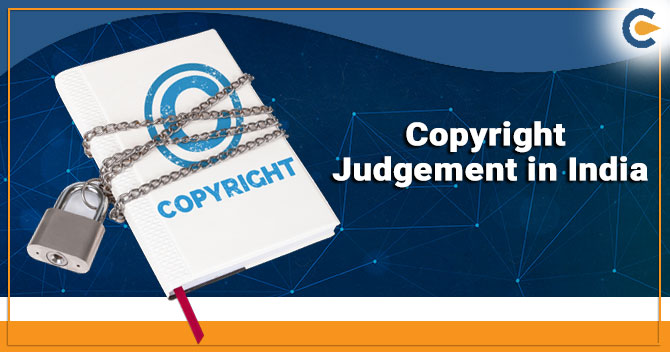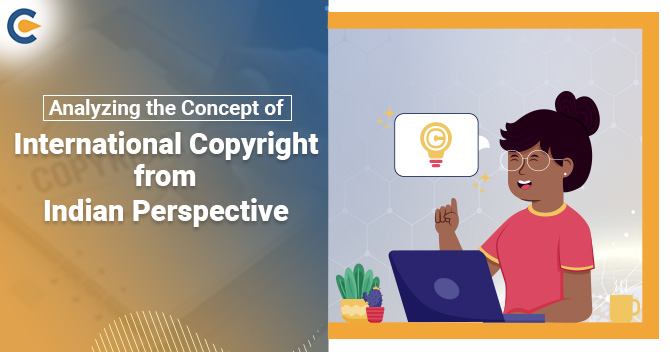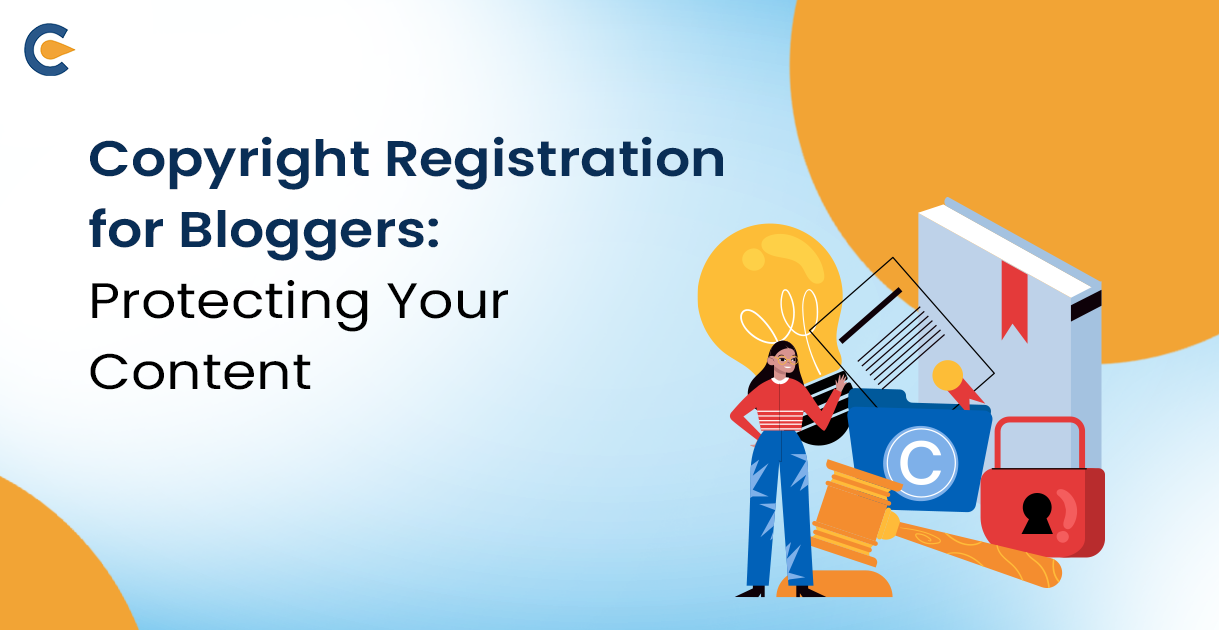Copyright protection is the best way of safeguarding work of art from possible duplication and infringement. But there are instances when the protected work or a logo counterfeited by the defaulters for the sake of profit. The victim in those circumstances left with no other option than to leverage the litigation process. In this write-up, you will across well-known copyright judgement that manifests the effectiveness of our legal system.
Copyright Benefits
- Public record of ownership
- Prima Facie evidence
- Claim of damages
- Improves product’s market presence
The Chancellor, Master And Scholars Of The University Of Oxford & Ors. V. Rameshwari Photocopying Services And Anr., Cs (Os) 2439/2012
The plaintiff sued the Rameshwari Photostat and the Delhi University for the alleged infringement of copyrightable work, i.e. course material. After examining the case, the court temporary the defendant from reproducing substantial parts of the works of original publishers, i.e. Cambridge University Press, Taylor & Francis, and Oxford University Press.
The copyright judgement seems to defy the provision of section 52 of the Indian Copyright Act, which states that using/reproducing/distributing parts of a protected work without offering any payment to the owner can be permissible. In a legal purview, this is known as the essence of ‘fair dealing’.
However, the petitioners had a different thought on that as they emphasized the fact that duplication of course material via photocopying was not covered under the concept of fair dealing for private use or research.
Eastern Book Company & Others V. D.B. Modak & Another, Air 2008 Sc 809
This case was itself puzzling because of the way deal with the concept of Copyright in India. It also questioned the degree of uniqueness required to copyright a certain work. This case came to light when a plaintiff, Eastern book company, file the petition in the court for the alleged infringement done by the respondents, viz Spectrum Business Support Ltd and Regent Datatech Pvt Ltd.
The petitioner, a well-known publishing house, claimed that the said respondents infringed its work (publication of supreme court orders and judgment) in a significant way. The defendant, in response, claimed that such actions cannot be deemed as copyright because for the following reason
- The fair modification and publication Supreme Court order seeks a great level of legal knowledge and skilled labour.
- There has been a minimal level of creativity involved in such a nature of work, thereby making it eligible for copyright protection.
Thus, the petitioner has no rights to leverage legal proceeding on the grounds of copyright protection.
The petitioners had tough times with these facts as these prevent them from winning the case in the lower and high court. However, Supreme Court rolled the dices for the petitioners by ruling the copyright judgement in their favour based on the above ground.
Ratna Sagar (P) Ltd. V. Trisea Publications & Ors., 1996 Ptc (16) 597
In Ratna Sagar (P) Ltd. v. Trisea Publications & Ors., 1996 PTC (16) 597, the petitioner, a renowned publisher of children’s books “Living Science”, sued respondent, who published the book “Unique Science” for the copyright infringement. According to the plaintiff, the content available in the defendant’s book is deceptively similar to theirs. After examining either publication, the court held the respondent guilty of copyright infringement and imposed the perpetual injunction on such an act as per Sections 14 & 19 of the Act.
Najma Heptulla V. Orient Longman Ltd., Air 1989 Del 63,
The petitioner was the legal heir of Maulana Abdul Kalam Azad, who has provided this work to Prof. Humanyun Kabir for its translation and narration. The plaintiff had given the copyright to the publisher and had rejoiced 50% of royalty for the next 30 years. Therefore, the court held that the plaintiff under no circumstance deters the publisher from publishing the book after completing the said term.
Hawkins Cooker Ltd. V. Magicook Appliances, 100 (2002) Dlt 2008
Hawkins cooker ltd, the famous Indian brand, sued Magicook Appliances for illicitly using their label used on their renowned pressure cooker line registered under the Copyright Act, 1957[1]. The defendants were also deterred from using the plaintiff’s cookbooks and were ordered to deliver up to the petitioner company for damage all alleged product, books, and articles employed by the defendants in the manufacturing of the offending goods. The plaintiff is also eligible to claim damages incurred by the defendants due to rendition of accounts.
Super Cassettes Industries Ltd. V Yahoo Inc. & Anr, C.S. (O.S.) 1124/2008
Suit for a perpetual injunction preventing copyright infringement triggered by unlawful streaming of SCIL’s copyright works on Yahoo’s video streaming platform.
Yahoo had taken protection under the DMCA, i.e. Digital Millennium Copyright Act stating that they will get rid of infringing material when notified by the owner of the copyright, which is not applicable in India.
The court passed a copyright judgement preventing respondent, and its agents, offices and representative from violating, adapting, reproducing, or transmitting in any manner on their portal or other violating in any manner the feature films, musical work, or sound recording of the plaintiff claims copyright, without getting an apt copyright license from the plaintiff.
Super Cassettes Industries Limited V. Youtube & Google
SCIL claimed that the YouTube business model reaps substantial profit from the use of copyrighted work uploaded without availing approval from the rightful copyright owners and without paying any royalty for the same. The High court opined that video streaming giant and Google should stop reproducing, distributing, transmitting, or displaying on their portal any audio-visual works which are in the exclusive ownership of SCIL.
Star India (P) Ltd. V. Piyush Agarwal & Ors, C.S. (O.S.) No. 2722/2012, Del Hc
The Delhi High court opined that while the performance & sound/visual recordings of the said performance are covered under copyright protection, the facts from the broadcast were not. After the match’s broadcast, is it impractical for any party to claim that such information manifested by the performance is not in the public domain. After airing the first broadcast of the performance, the information presented via performance is in the public domain. Hence, the agreement (regarding the 72-hour media right monopoly) between the plaintiff and the BCCI is not practical since copyright protection is not available for information in the public domain.
Conclusion
It can be concluded from the above-mentioned copyright judgment that the similarity could have an adverse impact on the authenticity of a mark or logo. And while some copyright litigation could lure massive loss for owners, it is imperative to better understand the copyright act before applying for the same.
Read our article:Know the Procedure to Copyright a Logo, Design, or Name in India











